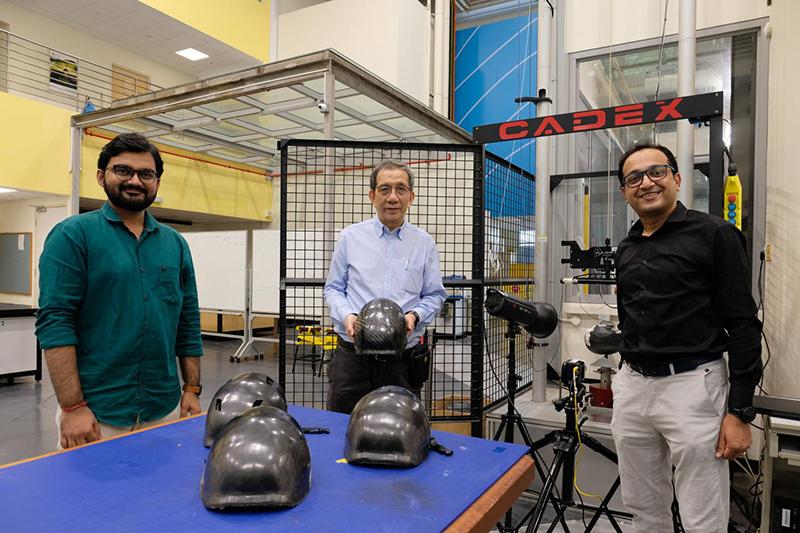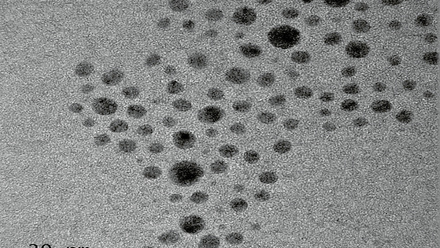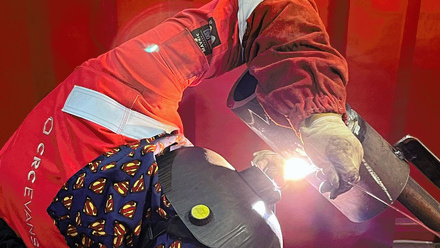NTU Singapore scientists develop tougher, safer bicycle helmets using new plastic material
New helmet prototype lowers chance of serious industry, researchers say

Researchers from Nanyang Technological University, Singapore (NTU Singapore), in collaboration with French company Arkema, have developed a tougher, safer bicycle helmet using a combination of materials. The new helmet prototype has a high energy absorption, reducing the amount of energy transferred to a cyclist's head in the event of an accident and lowering the chances of serious injury.
Led by Associate Professor Leong Kah Fai from the School of Mechanical and Aerospace Engineering, the team, comprising research fellow Dr Bhudolia Somen Kumar, research associate Goram Gohel and MSc student Elisetty Shanmuga, created the composite helmet with an outer shell made primarily of a new type of acrylic thermoplastic resin, reinforced with carbon fibre.
The new thermoplastic resin, named Elium, was developed by Arkema, one of NTU's industry partners. The NTU team worked with Arkema engineers to develop a moulding process for Elium to manufacture stronger bicycle helmets.
'Our partnership with Arkema is driven by the desire to develop a new type of helmet that is stronger and safer for cyclists," said Assoc Prof Leong. "Helmets have been proven time and time again to play a critical role in reducing the severity of injuries and number of fatalities. Our prototype helmet has been subjected to a barrage of internationally benchmarked tests and has demonstrated the ability to provide greater protection for cyclists compared to conventional helmets.'








